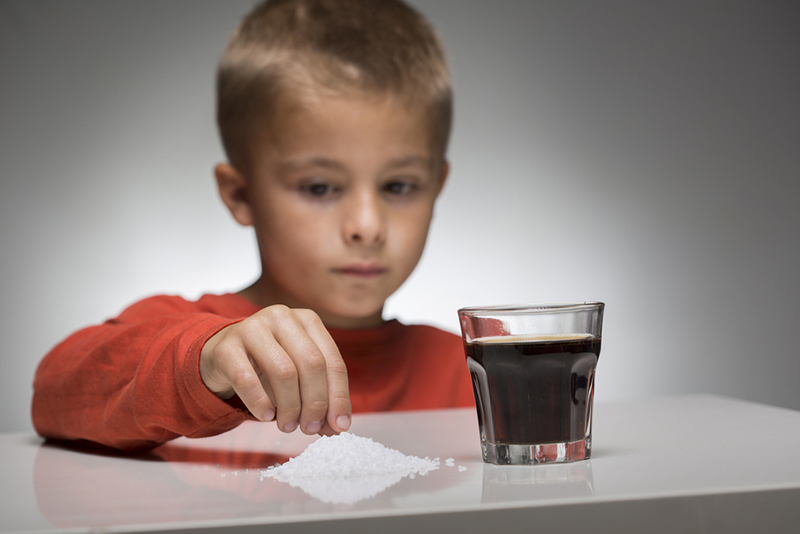In a bit of a surprise move, the UK parliament has announced sugar-sweetened drinks will be hit with an extra tax – a sugar tax. It’s not the first parliament to pass such a levy but it has raised the question, will Australia follow suit?
The UK’s sugar tax is squarely aimed at carbonated soft drinks made by major beverage manufacturers. Unsweetened juices and milk products will be excluded as will smaller producers.
It’s safe to say, this is designed to hit the Big Soda industry the hardest.
Here’s how it will work. This is from the BBC:
There will be two bands – one for [products with] total sugar content above 5 grams per 100 millilitres and a second, higher band for the most sugary drinks with more than 8 grams per 100 millilitres.
Analysis by the Office for Budgetary Responsibility suggests they will be levied at 18 pence (34 cents) and 24 pence (46 cents) per litre.
Basically, the drinks with the highest concentration of added sugar will be taxed the most. And drinks – not chocolate or ice cream – are the focus of this tax because in the UK, and arguably elsewhere in the world, consumers aren’t recognising these products as sweet treats and are consuming them every day.
The situation is technically worse in Australia. Recent data published in the Lancet medical journal showed, per capita, Australians drink more sugar-sweetened beverages (SSBs) than Britons. On average we’re drinking 0.88 SSBs (8 ounce in size) each day, our British friends are drinking 0.84. The margin is small, but it’s reason enough for some to call for a sugar tax here.
Jane Martin from the Obesity Policy Coalition told the ABC such a tax was possible.
“We have a tax review at the moment and these kinds of taxes are being considered — tobacco, alcohol, sugary drinks — because of the unique harm that comes with consumption,” she said.
“It’s part of what will be considered as part of the tax reform.”
Of course these taxes have strong opposition. They come in the form of food and beverage producers and their representatives.
So if the government is taxing the producers, what does it all mean for me?
For UK soft drink consumers the sugar tax could mean two things: an increase in retail price and a reduction in the products’ sugar content.
This is no doubt an issue that will divide people. When a sugar tax – or as it was previously (and unfortunately) named – a fat tax was debated in Australia in the past, some strong division lines were drawn.
So if you’re ready to debate the issue, here are some things to think about:
- How do you think food manufacturers will respond to the sugar tax?
- Would an increase in price discourage you from buying soft drinks?
- If we continue to consume sugar at current rates, what will the cost to the health system be and without extra taxes who will foot the bill?





